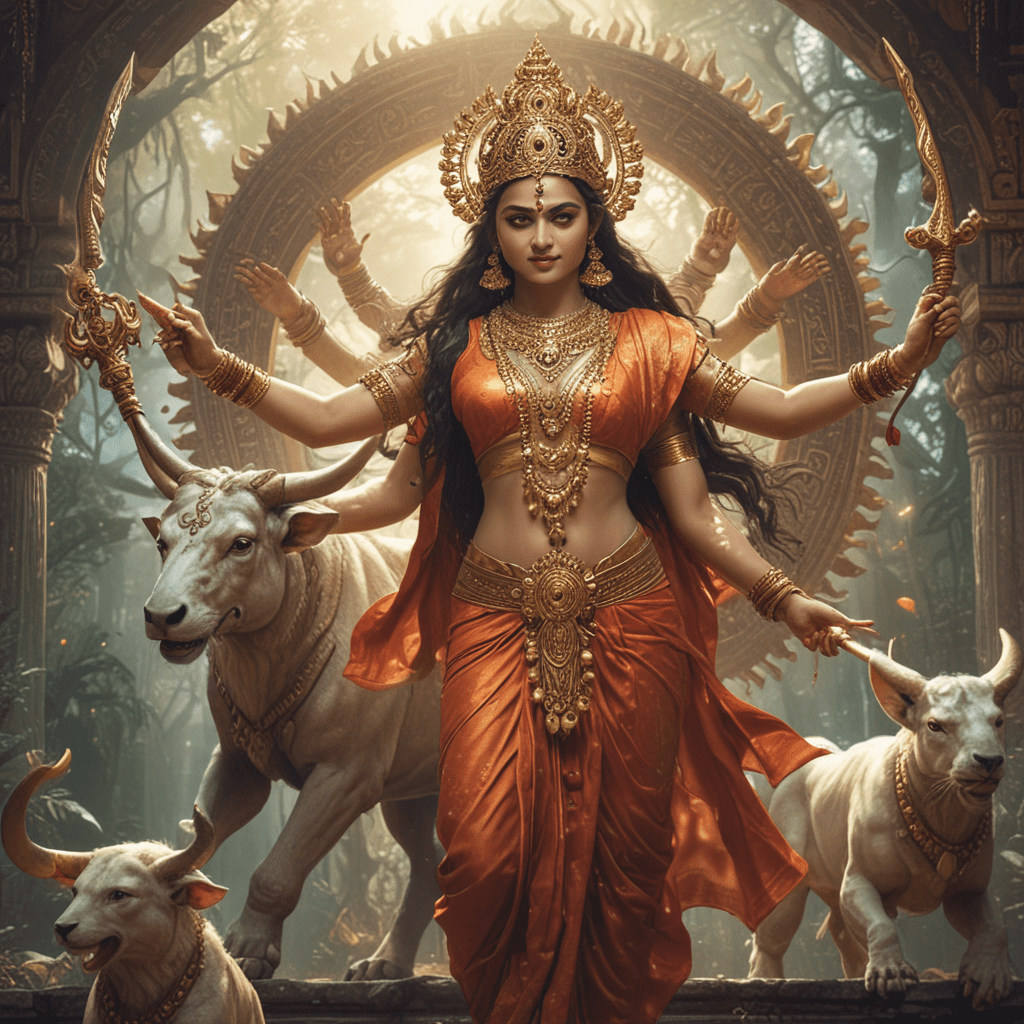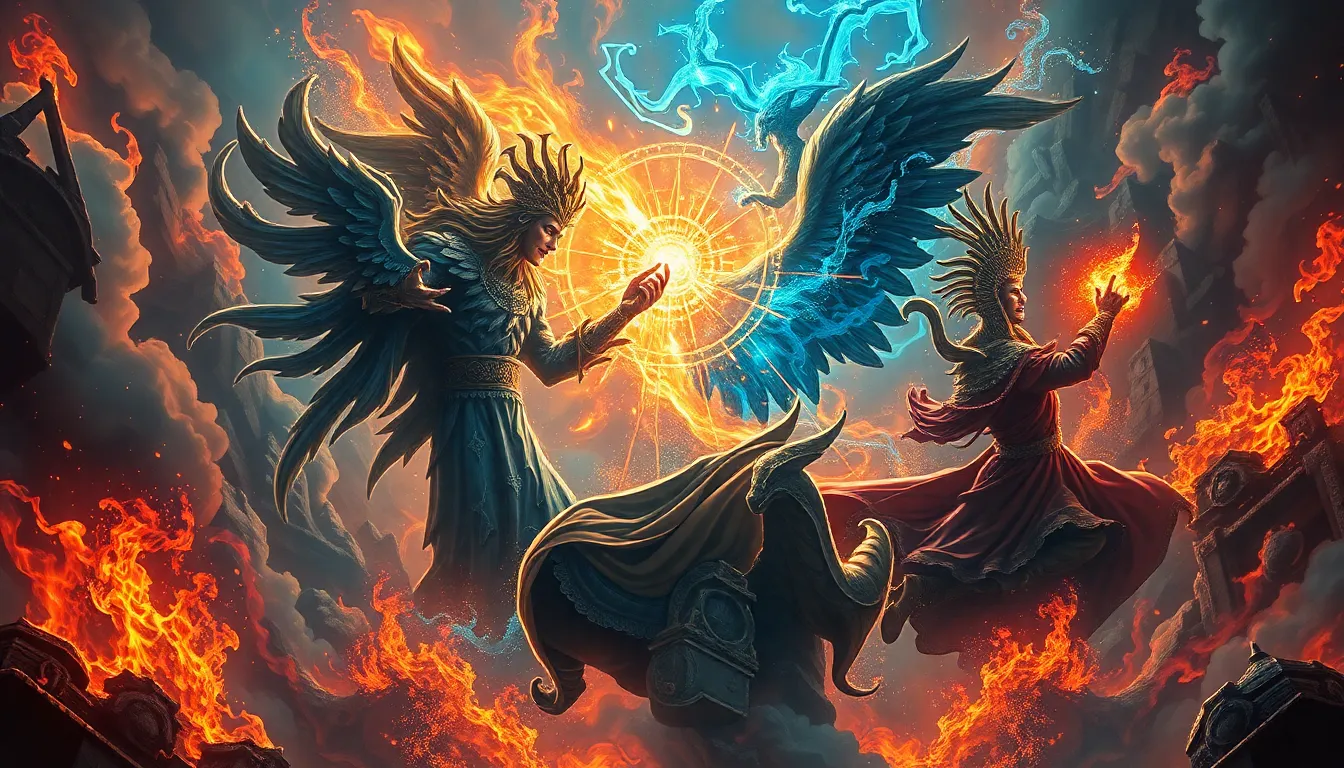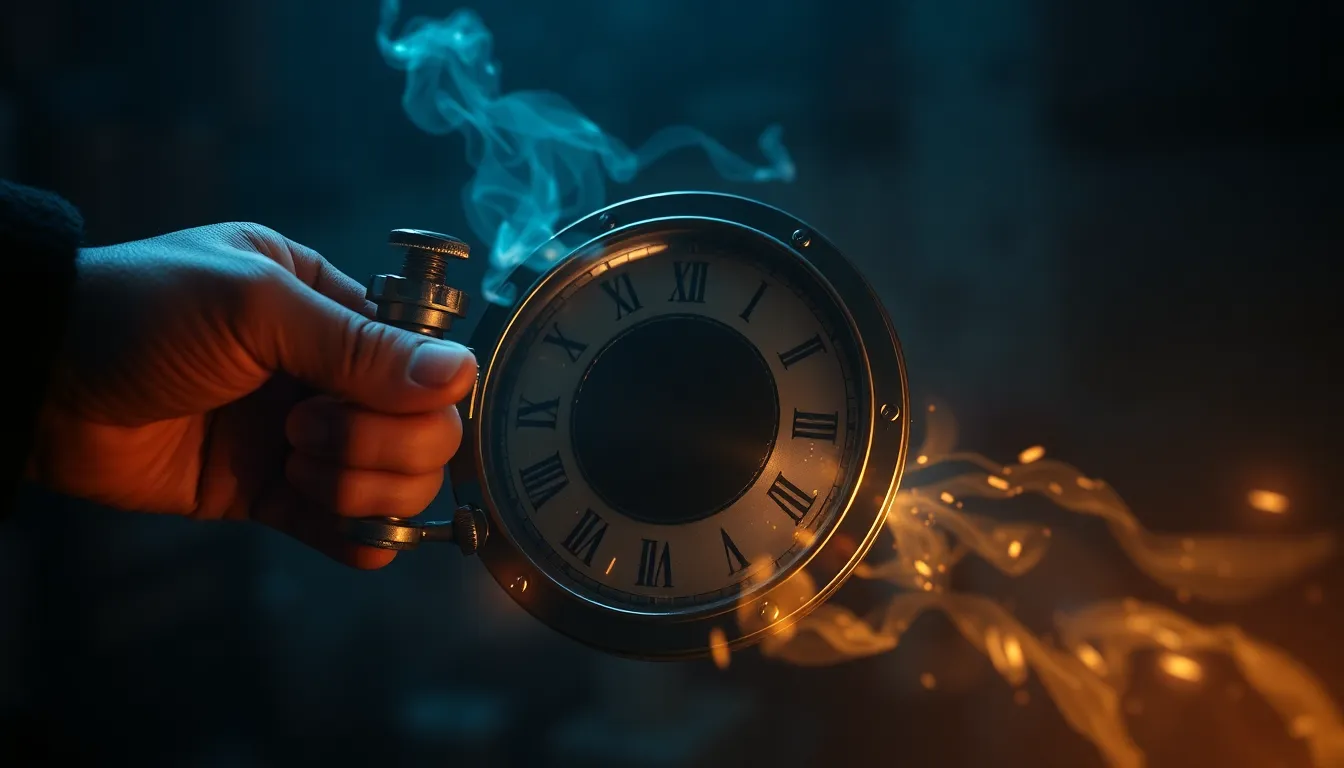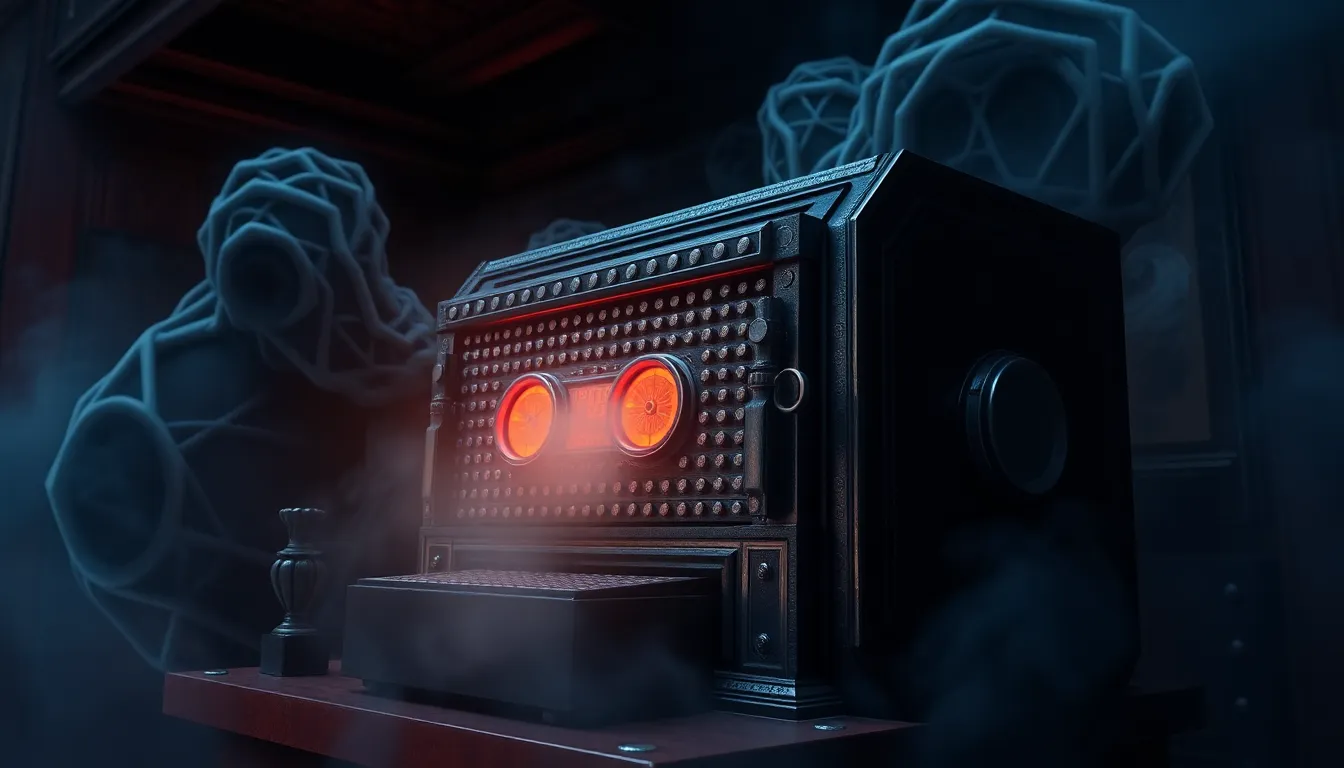1. Introduction
Within the vibrant tapestry of Hindu mythology, mythical beings play an integral role, embodying the divine, the supernatural, and the extraordinary. These beings, deeply embedded in the cultural fabric of India, have shaped religious beliefs, inspired artistic creations, and continue to captivate the imaginations of people worldwide.
2. The Importance of Mythical Beings in Hindu Culture
Hindu mythology has a rich and diverse collection of mythical beings, each possessing unique attributes and significance. These beings are not mere figments of imagination but serve as manifestations of deep-seated spiritual beliefs and philosophical concepts. They represent the forces of nature, the complexities of human emotion, and the eternal struggle between good and evil.
3. The Trimurti: Brahma, Vishnu, and Shiva
The Trimurti, consisting of Brahma, Vishnu, and Shiva, forms the foundation of the Hindu pantheon. Brahma, the creator, represents the cosmic energy responsible for the birth of the universe. Vishnu, the preserver, maintains balance and order, protecting the world from chaos. Shiva, the destroyer, symbolizes the transformative power that dissolves old forms and makes way for new beginnings.
4. The Celestial Beings: Devas and Devis
The celestial beings, known as devas and devis, reside in heavenly realms and possess extraordinary powers. They are benevolent entities who bring blessings and prosperity to humanity. Indra, the king of the devas, commands the heavens and wields the thunderbolt. Lakshmi, the goddess of wealth and beauty, bestows abundance upon her devotees.
5. The Demons: Asuras and Rakshasas
In contrast to the celestial beings, the demons, known as asuras and rakshasas, represent the forces of chaos and evil. They are powerful and destructive entities who seek to disrupt the cosmic order. Asuras, led by the mighty Ravana, are depicted as arrogant and ambitious, constantly vying for power and control. Rakshasas, on the other hand, are fearsome beings who haunt forests and terrorize humans.
6. The Otherworldly Creatures: Yakshas and Gandharvas
The yakshas and gandharvas occupy a unique place in Hindu mythology. Yakshas are supernatural beings associated with wealth and nature, often depicted as guardians of hidden treasures. Gandharvas are celestial musicians whose enchanting melodies fill the heavens. These otherworldly creatures have an ethereal beauty and possess extraordinary abilities.
7. The Animal Deities: Garuda and Nandi
Hindu mythology is replete with animal deities who play significant roles. Garuda, the majestic eagle, serves as Vishnu's mount and protector. Nandi, the sacred bull, is Shiva's loyal companion and gatekeeper. These animal deities embody the divine qualities of their respective gods, symbolizing power, intelligence, and devotion.
8. The Serpent Kings: Naga and Vasuki
Serpents hold a prominent place in Hindu mythology. The naga, or serpent kings, possess potent venom and shape-shifting abilities. Vasuki, the king of all serpents, is said to coil around Mount Meru, the axis of the universe. These serpentine beings represent the mysteries of the underworld and the cyclical nature of life and death.
9. The Female Demons: Rakshasis and Pisachis
Female demons, known as rakshasis and pisachis, are formidable beings who often oppose the devas and celestial beings. Rakshasis are characterized by their insatiable hunger for human flesh, while pisachis possess the power to possess living creatures and cause chaos. These female demons embody the darker aspects of the feminine and the dangers of uncontrolled desire.
10. The Divine Beasts: Hanuman and Airavata
Hanuman, the monkey god, is known for his immense strength, agility, and unwavering devotion to Rama. Airavata, the white elephant, serves as Indra's mount and symbolizes power, wisdom, and stability. These divine beasts represent the extraordinary qualities that can be achieved through spiritual cultivation and selfless service.
FAQs
Q: What is the significance of mythical beings in Hindu mythology?
A: Mythical beings in Hindu mythology represent divine forces, supernatural powers, and the complexities of human emotion. They embody spiritual beliefs, philosophical concepts, and the eternal struggle between good and evil.
Q: Who are the three main gods in the Hindu pantheon?
A: The Trimurti consists of Brahma, the creator; Vishnu, the preserver; and Shiva, the destroyer. These three gods embody the cosmic energies responsible for the creation, maintenance, and destruction of the universe.
Q: What is the difference between devas and demons?
A: Devas are benevolent celestial beings who bring blessings and prosperity, while demons, known as asuras and rakshasas, represent the forces of chaos and evil. They constantly vie for power and control, disrupting the cosmic order.



